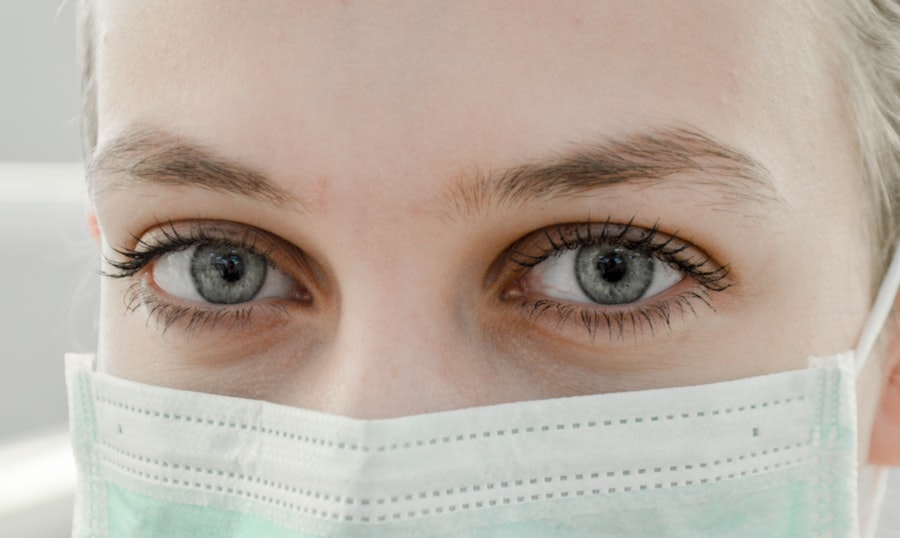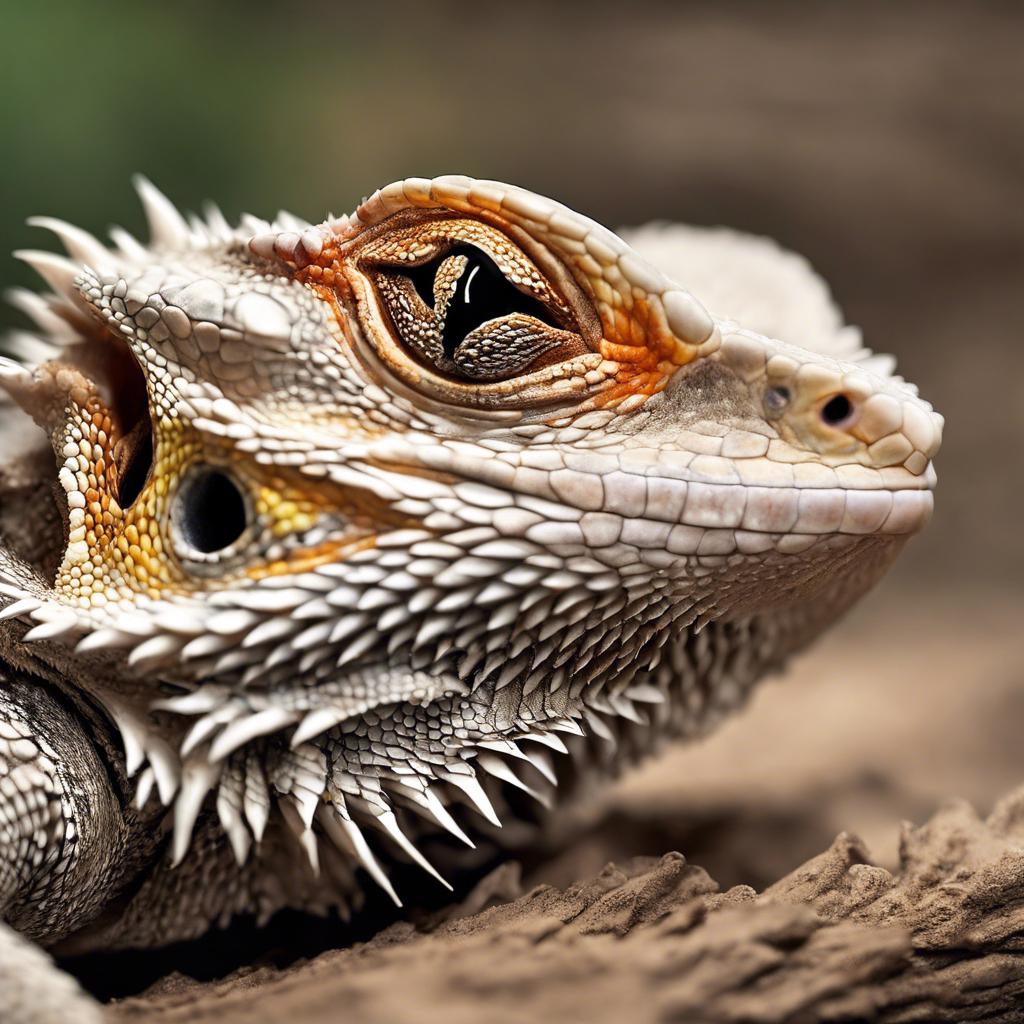Losing a pet can be a heartbreaking experience, and when that pet is a beloved bearded dragon, the pain can be even more profound. I recently experienced the loss of my own bearded dragon, and it was a devastating blow. In writing this blog post, my hope is to help others understand the importance of proper bearded dragon care and prevent similar tragedies from occurring.
Key Takeaways
- Losing a bearded dragon can be a tragic experience for pet owners.
- Proper care and attention can help prevent health issues and potential death in bearded dragons.
- Signs of sickness in bearded dragons include lethargy, loss of appetite, and abnormal behavior.
- Common causes of bearded dragon death include improper diet, inadequate housing, and lack of proper care.
- A bearded dragon dying with its eyes open may indicate sudden death or a traumatic event.
Understanding Bearded Dragon Care
Bearded dragons are fascinating reptiles that make wonderful pets. They require specific care to ensure their health and well-being. One of the most important aspects of bearded dragon care is their diet. These creatures are omnivores, meaning they eat both plant matter and insects. A balanced diet should consist of leafy greens, vegetables, fruits, and protein sources such as crickets or mealworms.
In addition to diet, providing the proper habitat for your bearded dragon is crucial. They need a spacious enclosure with appropriate lighting and heating elements to mimic their natural environment. The enclosure should also include hiding spots and climbing structures to allow for mental stimulation and exercise.
Signs of a Sick Bearded Dragon
It is essential for bearded dragon owners to be aware of the signs of illness in their pets. Common signs of illness include lethargy, loss of appetite, weight loss, diarrhea, abnormal stool color or consistency, respiratory issues such as wheezing or difficulty breathing, and skin abnormalities such as sores or discoloration.
If you notice any of these signs in your bearded dragon, it is crucial to seek veterinary care immediately. Bearded dragons are known for hiding signs of illness until they are very sick, so early intervention is key to their recovery.
Common Causes of Bearded Dragon Death
Unfortunately, there are several common causes of death in bearded dragons that can be prevented with proper care. One of the most common causes is impaction, which occurs when a bearded dragon ingests a foreign object that becomes lodged in their digestive system. This can lead to a blockage and ultimately death if not addressed promptly.
Respiratory infections are another common cause of death in bearded dragons. These infections can be caused by improper temperature and humidity levels in their enclosure, as well as poor hygiene practices.
To prevent these issues, it is important to provide a clean and appropriate environment for your bearded dragon. Regularly clean their enclosure, monitor temperature and humidity levels, and ensure they have access to fresh water at all times.
Bearded Dragon Died with Eyes Open: What It Means
One of the distressing aspects of losing a bearded dragon is that they often die with their eyes open. This can be alarming for pet owners, as it may seem like a sign of suffering or pain. However, it is important to understand that this is a common occurrence in deceased reptiles and does not necessarily indicate any distress.
When a reptile dies, their muscles relax, including the muscles that control the eyelids. As a result, their eyes remain open after death. It is simply a natural process and does not reflect the state of the animal during its final moments.
Coping with the Loss of a Bearded Dragon

Losing a pet can be an incredibly difficult experience, and it is important to allow yourself time to grieve and process your emotions. If you have lost a bearded dragon, my heart goes out to you. It can be helpful to find ways to honor your pet's memory and cope with your grief.
One way to honor your bearded dragon's memory is by creating a memorial for them. This could involve planting a tree or flower in their honor, creating a photo album or scrapbook of memories, or even commissioning a piece of artwork that captures their spirit.
Seeking support from others who have experienced similar losses can also be beneficial. There are online communities and support groups specifically for bearded dragon owners who have lost their pets. Connecting with others who understand your pain can provide comfort and validation.
Proper Disposal of a Deceased Bearded Dragon
When a bearded dragon passes away, it is important to handle their remains properly to prevent disease transmission. There are several options for the disposal of a deceased bearded dragon, including cremation, burial, or contacting a veterinarian for guidance.
Cremation is a common choice for pet owners, as it allows them to keep their pet's ashes as a memorial. Many veterinary clinics offer cremation services or can provide recommendations for local pet crematories.
If you choose to bury your bearded dragon, it is important to do so in a location that is legal and safe. Be sure to dig a deep enough hole to prevent scavengers from disturbing the remains.
Preventing Bearded Dragon Health Issues
The best way to prevent health issues in bearded dragons is through proper care and education. Researching and educating yourself on bearded dragon care is crucial to providing the best possible environment for your pet.
One of the most important aspects of prevention is maintaining a proper diet for your bearded dragon. Providing a balanced diet that includes a variety of fruits, vegetables, and protein sources will help ensure their nutritional needs are met.
Hygiene is also essential in preventing health issues. Regularly clean your bearded dragon's enclosure, including removing any feces or uneaten food. This will help prevent the growth of bacteria and parasites that can lead to illness.
Importance of Regular Vet Check-Ups
Regular veterinary check-ups are crucial for the overall health and well-being of your bearded dragon. A veterinarian who specializes in reptiles can provide a thorough examination and address any potential health concerns before they become serious issues.
During a check-up, the veterinarian will assess your bearded dragon's weight, body condition, and overall appearance. They may also perform diagnostic tests such as fecal exams to check for parasites.
In addition to regular check-ups, it is important to seek veterinary care immediately if you notice any signs of illness in your bearded dragon. Early intervention can greatly increase the chances of a successful recovery.
Honoring the Memory of a Beloved Bearded Dragon
Losing a bearded dragon is a heartbreaking experience, but by honoring their memory and taking steps to prevent future tragedies, we can ensure that their legacy lives on. Proper bearded dragon care, regular veterinary check-ups, and education are key to providing the best possible life for these incredible creatures.
If you have lost a bearded dragon, my heart goes out to you. Take the time to grieve and remember the joy they brought into your life. And remember, you are not alone. Reach out to others who have experienced similar losses for support and understanding. Together, we can create a community that celebrates the lives of our beloved bearded dragons and works towards preventing future tragedies.
If you're a bearded dragon owner who has unfortunately experienced the loss of your beloved pet, you may be searching for answers as to why it happened. One possible scenario is finding your bearded dragon with its eyes open after it has passed away. This can be a distressing sight, and you may be wondering what could have caused it. To learn more about this phenomenon and its potential causes, check out this informative article on Reptile Wizard: Bearded Dragon Died with Eyes Open.
FAQs
What is a bearded dragon?
A bearded dragon is a type of lizard that is commonly kept as a pet. They are native to Australia and are known for their distinctive spiny “beard” under their chin.
What could cause a bearded dragon to die?
There are many potential causes of death in bearded dragons, including illness, injury, stress, and environmental factors such as temperature and humidity.
What does it mean if a bearded dragon dies with its eyes open?
If a bearded dragon dies with its eyes open, it could be a sign that the death was sudden and unexpected. However, it is important to note that this is not always the case and that other factors should be considered as well.
What should I do if my bearded dragon dies?
If your bearded dragon dies, it is important to handle the body carefully and dispose of it properly. You may also want to consider seeking the advice of a veterinarian or reptile specialist to determine the cause of death and prevent future occurrences.
How can I prevent my bearded dragon from dying?
To prevent your bearded dragon from dying, it is important to provide a healthy and safe environment, including proper temperature and humidity levels, a balanced diet, and regular veterinary check-ups. It is also important to handle your bearded dragon gently and avoid exposing it to unnecessary stress or injury.

